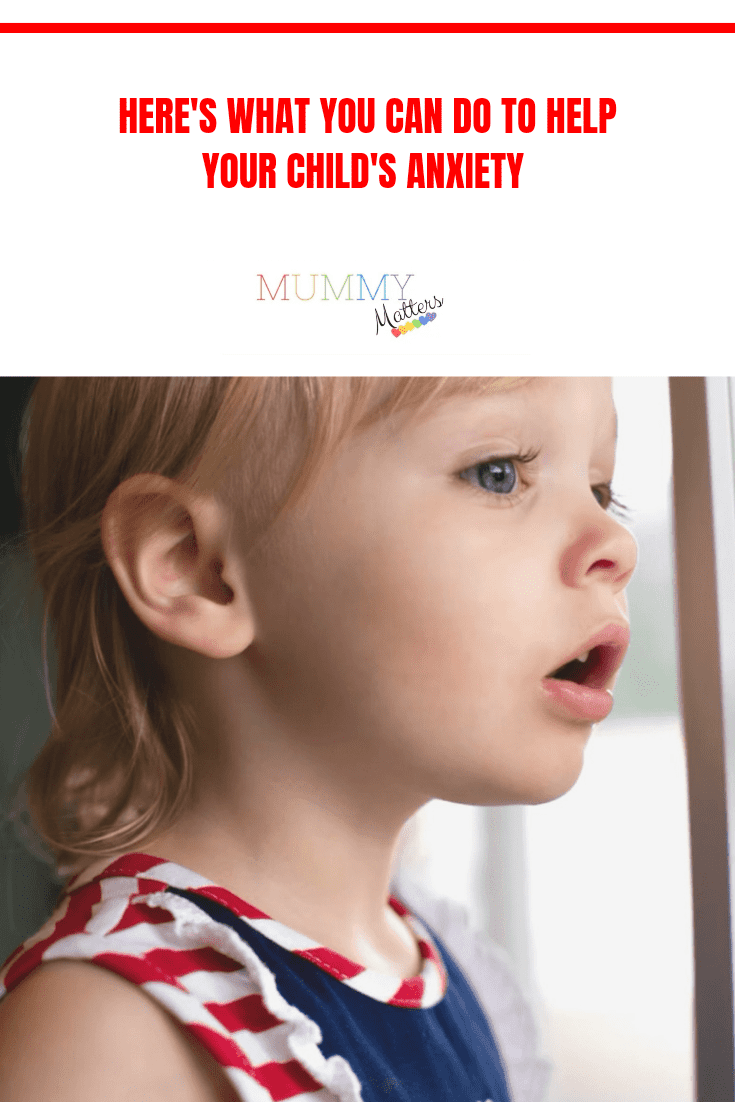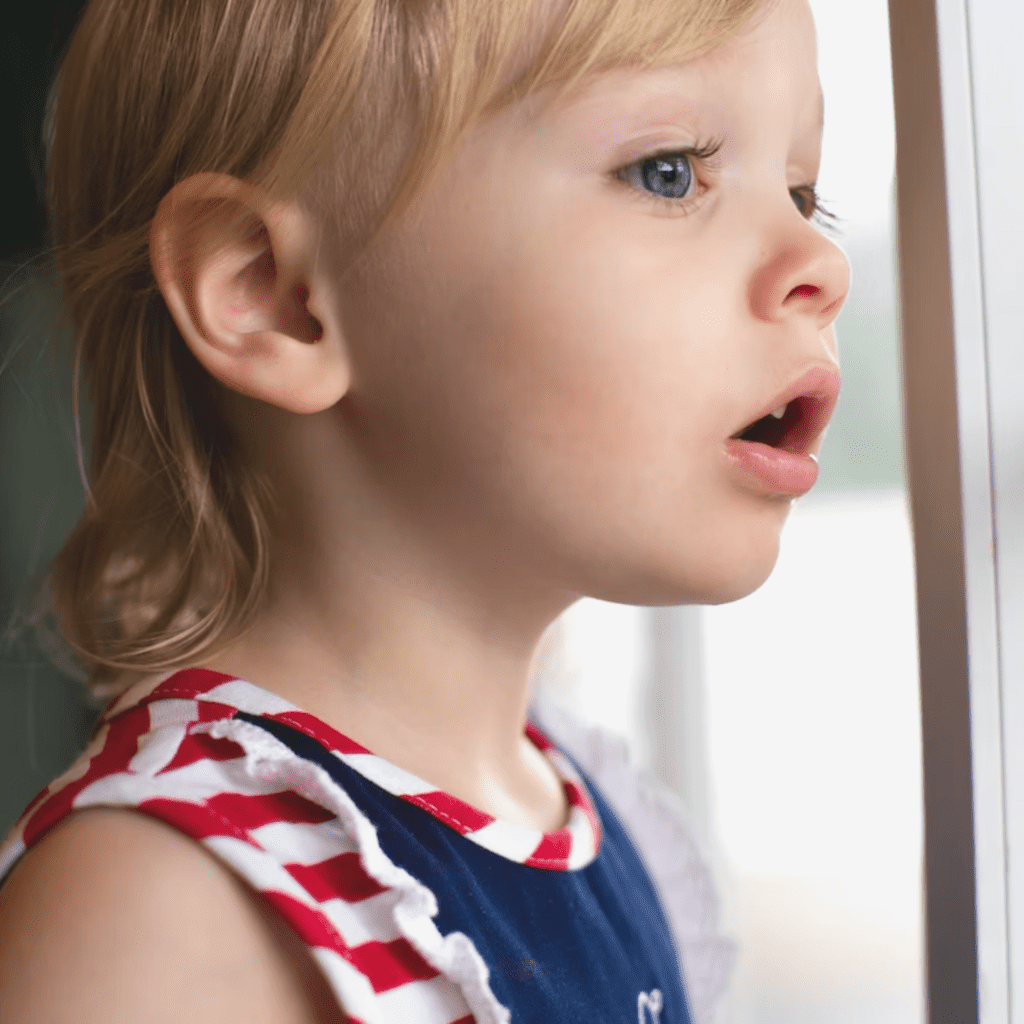When it comes to our children, we want to do everything in our power to help them grow into confident and successful adults. Unfortunately, anxiety can often get in the way of this process. While there are many things parents can do to help their children struggling with anxiety, sometimes it feels like we don’t know where to start. If you’re feeling lost regarding your child’s anxiety, don’t worry – you’re not alone. Here are four different ways you can help your child overcome their anxiety.
1. Seek Professional Guidance
One of the best things you can do for your child is to seek professional guidance. A therapist or counsellor can help your child understand and manage their anxiety in a way you may not be able to. Often, children feel more comfortable talking to someone outside of the family about their anxiety, which can be a great way for them to open up and work through their feelings. This way, you can help your child both physically and emotionally and develop an understanding of how to support them best. Make sure to find a therapist or counsellor specialising in anxiety disorders and child development – this will ensure they are equipped to deal with your child’s specific needs.
2. Avoid Overprotecting
While it’s natural to want to protect your child from anything that might upset them, overprotection can make anxiety worse. When we shelter our children from things that make them anxious, we’re inadvertently teaching them that the world is scary and that they can’t handle it on their own. Instead, try to encourage your child to face their fears head-on.
This doesn’t mean you should force them into situations they’re not ready for – instead, start small and work up from there. For example, if your child is afraid of dogs, start by looking at pictures of dogs together and gradually move up to petting a real dog.
3. Promote a Healthy Lifestyle
A healthy lifestyle is important for everyone, but it’s especially crucial for those struggling with anxiety. Eating a balanced diet and regular exercise can help reduce anxiety symptoms and make it easier to cope with stress. Children who are well-nourished and physically active are better equipped to deal with challenging situations and manage their anxiety healthily. As a parent, you can promote a healthy lifestyle by modelling these behaviours and making healthy choices as a family.
4. Encourage Positive Thinking
How we think about ourselves and the world around us can greatly impact our anxiety levels. When children learn to think positively, they’re better able to cope with anxiety and stress. You can encourage positive thinking by helping your child identify their strengths and emphasizing the good in every situation. For example, if your child is anxious about starting school, help them focus on the things they’re excited about, like making new friends or learning new things
Anxiety can be difficult for both children and parents to deal with, but it doesn’t have to be overwhelming. By taking small steps and seeking professional help when needed, you can make a big difference in your child’s life. Your child can learn to manage their anxiety and thrive with the right support.


